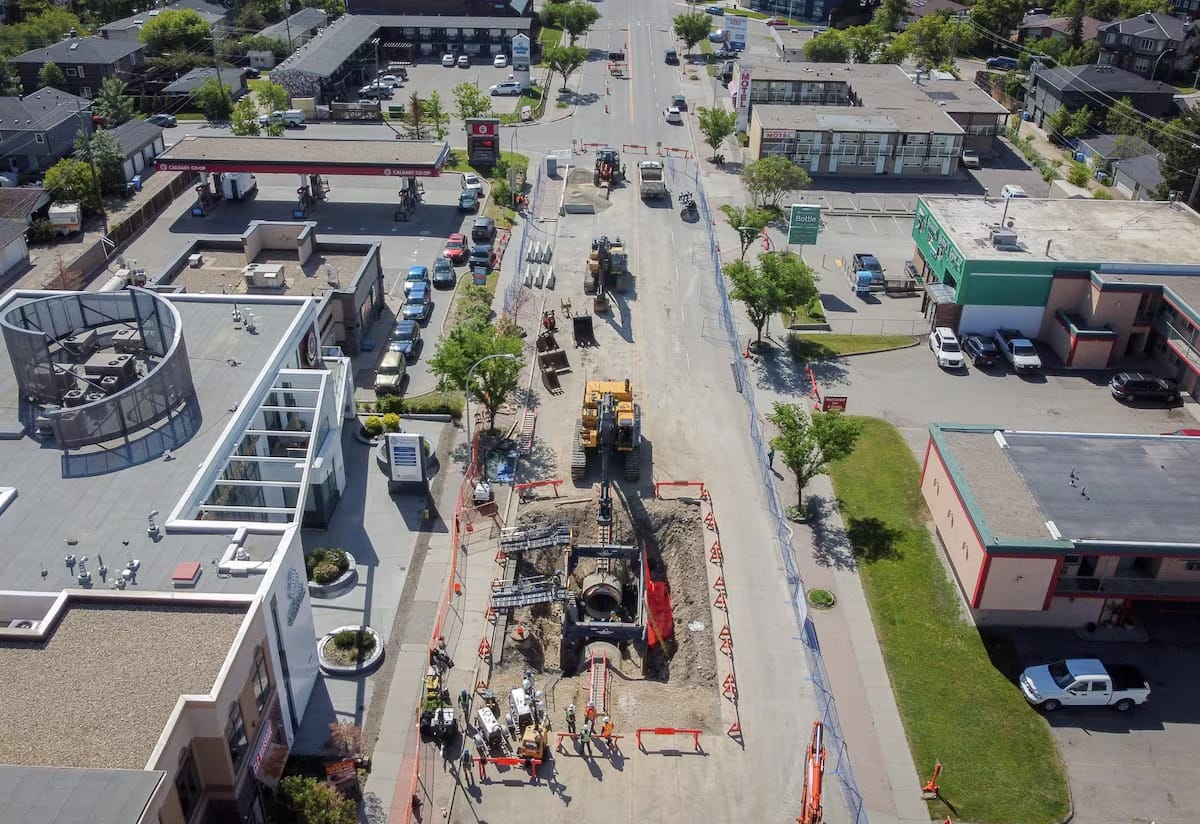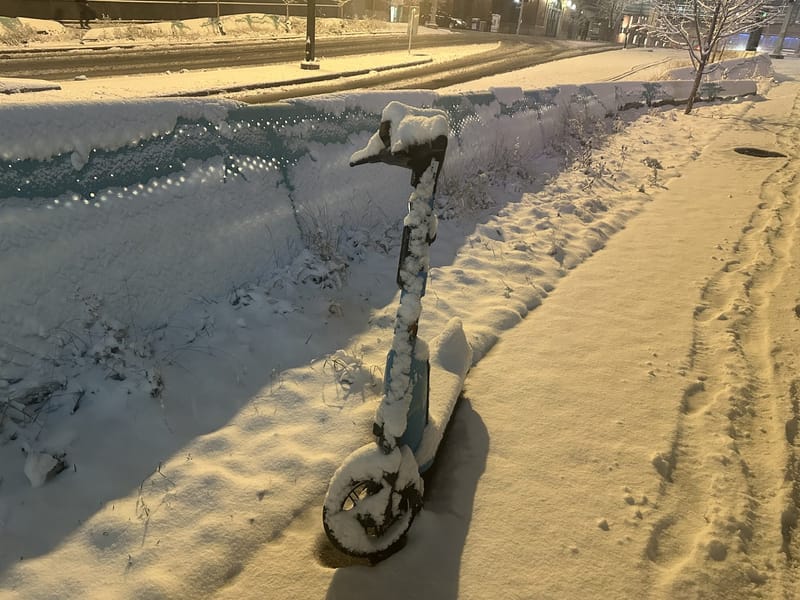Calgary water restrictions restart as new repairs begin on compromised water main
“You’ve already shown your willingness to step up in times of need and rise to the challenge,” he said. “I’m confident that we will all come together as a community to meet our reduction targets.”

Calgarians are being urged to conserve water once again as additional repairs commence on the city’s damaged water main, which initially ruptured in June, leading to over a month of stringent indoor and outdoor water restrictions.
Since June 5, when the Bearspaw South Feeder Main burst, residents of Calgary and nearby communities have faced various levels of water restrictions due to the resulting water supply crisis. Although most restrictions had been eased by early August, the city announced that urgent repairs were still needed on the main feeder line.
On Monday, the highest level of restrictions was reinstated, just before the massive drinking water pipe was scheduled to go offline for repairs. The use of potable water outdoors is once again prohibited, and both businesses and residents are asked to cut indoor water use by 25%.
Francois Bouchart, the City of Calgary's director of capital priorities and investment, emphasized the need for locals to reduce daily water usage by over 100 million liters, equivalent to about 2.25 million bathtubs. He advised residents to conserve water by taking shorter showers, skipping flushes, and running dishwashers and laundry machines only when fully loaded.
He warned of serious consequences if water conservation efforts fall short.
“It is imperative we begin these repairs now if we do not want to risk another feeder main break over the winter when we would not have the water supply to refill reservoirs,” Mr. Bouchart said at a news conference. “If we don’t reduce our water use and demand exceeds what the system can produce, the underground water storage reservoirs will eventually run dry.”
During the summer, the city typically uses around 600 million liters of water daily. This past weekend, usage reached 564 million liters on Saturday and 656 million liters on Sunday, a spike Mr. Bouchart attributed to the impending restrictions.
“You’ve already shown your willingness to step up in times of need and rise to the challenge,” he said. “I’m confident that we will all come together as a community to meet our reduction targets.”
A Globe and Mail analysis following the June rupture revealed that nearly one-quarter of drinking water pipes in Canada’s largest cities are nearing the end of their lifespan and have not been adequately maintained or replaced. Earlier this month, a similar water main break in Montreal, involving a pipe installed in 1985, led to flooding in homes and streets.
The Bearspaw feeder in Calgary, built in 1975, will be excavated and reinforced with concrete in problem areas over the next few weeks, with water restrictions expected to remain in place until September 23. Although city-operated aquatic facilities were closed during the first wave of restrictions, indoor pools and arenas are permitted to stay open this time.
Calgarian Heather McRae expressed concern about the timing of the restrictions, calling it “incredibly unfortunate” as many families are returning from summer holidays and preparing for the new school and work season. She worries that some people may be unaware of the rules or may not adhere to them due to indifference or fatigue from the restrictions.
“We’ve really made the effort to do the right thing and we just hope that other people will also do the right thing,” said Ms. McRae, who also questioned how the reduction targets would be met with pools still open.
“I’m intrigued to see how on Earth we’re going to do it with all of those things still operating and a population that is fully back.”
Brad Goddard, vice-president of business development at Big Rock Brewery, noted that if there was ever a good time to reduce water usage for breweries, it would be now. He mentioned that summer demand is winding down, and Big Rock was able to brew a backlog of fall blends earlier this month.
Big Rock, Canada’s largest independent craft brewer, was unable to recoup the inventory lost when Calgary’s water main ruptured in June, forcing the brewery to halt the production of approximately 58,000 cases of product. Mr. Goddard said Big Rock managed to get by, but the financial impact has yet to be fully realized.





